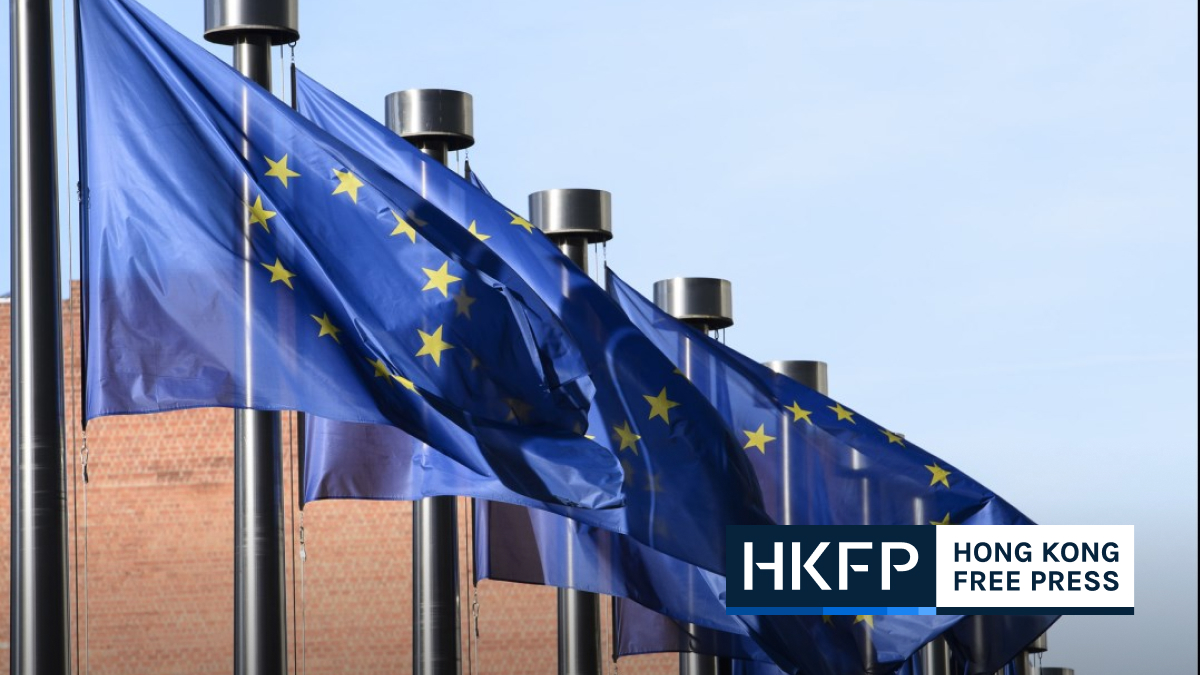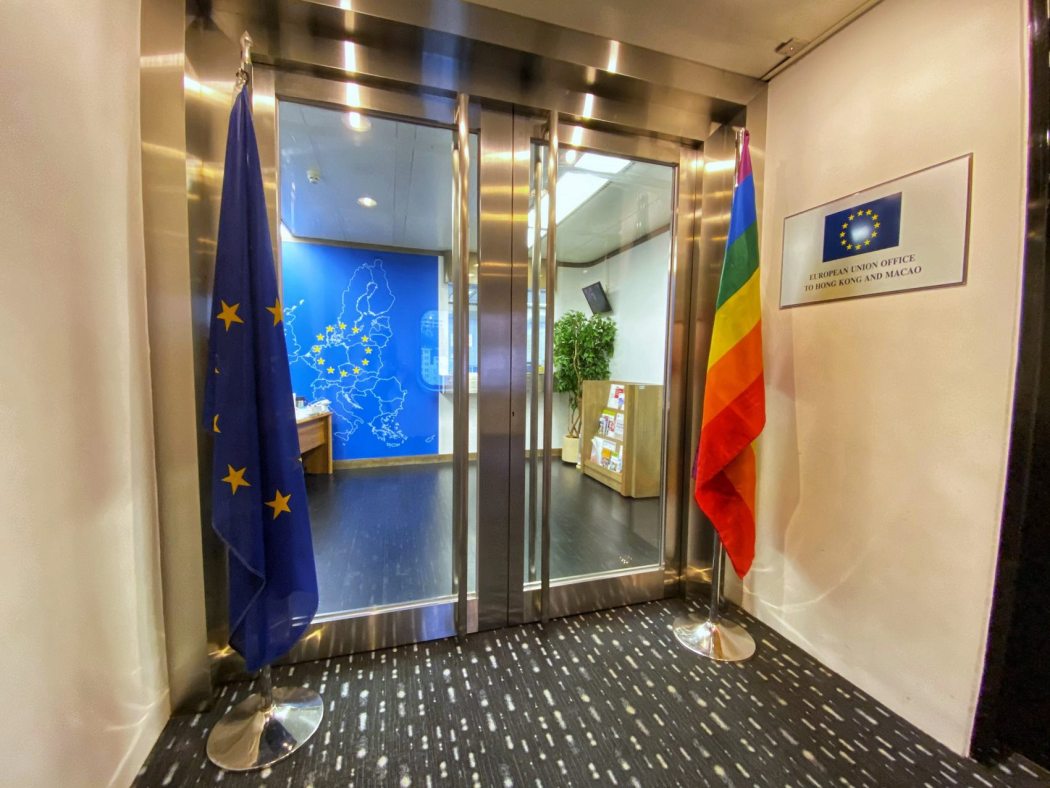Hong Kong visitors to Europe to need prior authorisation from 2025

Hongkongers who travel to 30 European countries including France and Germany will need to apply for prior authorisation from the first half of next year, the EU has said.

The new policy requires visitors to Europe from 59 currently visa-exempt countries or territories, including Hong Kong and Macau, to apply online for the European Travel Information and Authorisation System (ETIAS) ahead of their trips.
Holders of a British National (Overseas) passport will also be required to apply for the ETIAS, which will cost €7 (HK$58.7). Those under 18 or above 70, as well as people whose relatives are EU citizens, will be exempt from paying the fee.
Applicants will have to provide their name, date and place of birth, nationality, address, their parents’ first names, contact information such as email address and phone number, travel document details, as well as their level of education and occupation.
They will also be asked to indicate their intended travel destination and length of stay, and provide any criminal convictions, travel history to conflict regions, and whether they have recently been required to leave the territory of any country.


Izabella Cooper, the ETIAS central unit division’s media and outreach team leader from the European Border and Coast Guard Agency, said she expected most applications would be automatically processed within minutes, according to local media reports on Wednesday.
Manual processing would only be required in cases such as the information provided was incorrect, or if the authorities suspected the applicant may be a security risk, she said. That could prolong the processing time to several days or even a month, she added.
Cooper said the new arrangement would not make travelling more difficult, citing similar practices by the US, Canada, and Australia border controls to identify inbound travellers in advance.
An ETIAS authorisation will last for up to three years and will entitle a person to enter EU countries for up to 90 days in any 180-day period.
It is expected to be launched in mid-2025, followed by a transitional period of at least six months during which visitors will not be refused entry without an ETIAS, according to a timeline published by the EU.


After the transitional period, there will be a separate six-month grace period during which travellers visiting Europe for the first time since the authorisation was introduced may enter once without an ETIAS.
Separately, the EU will start to collect the travel information and biometric data of non-EU visitors with the automated Entry/Exit System (EES) from this autumn.
Such data will be stored for three years, unless no exit is recorded after the authorised stay, in which case it will be kept for five years.
Cooper said that the EES would help border authorities identify anyone who overstayed and detect fake passports, adding that it would facilitate data exchanges between member states of the EU.
Details about the enforcement date of the two new systems will be announced in August, Cooper told local media.
Support HKFP | Policies & Ethics | Error/typo? | Contact Us | Newsletter | Transparency & Annual Report | Apps
Help safeguard press freedom & keep HKFP free for all readers by supporting our team


Related
Brits forced to pay fee to visit these 30 countries…
UK tourists will be required to pay a fee to visit 30 countries in Europe under new European Union (EU) travel rules.The rules mean British holidaymakers will n
The beautiful European island with just 148 locals
Irakleia is a beautiful island in the Minor Cyclades of Greece, nestled in the heart of the Aegean Sea and just an hour away from Naxos. Officially recorded t
Warning issued for Brits flying easyJet and Ryanair to popular…
Passengers flying with Ryanair, easyJet and British Airways should expect disruption (Picture: Urbanandsport/NurPhoto via Getty Images) Passenge










